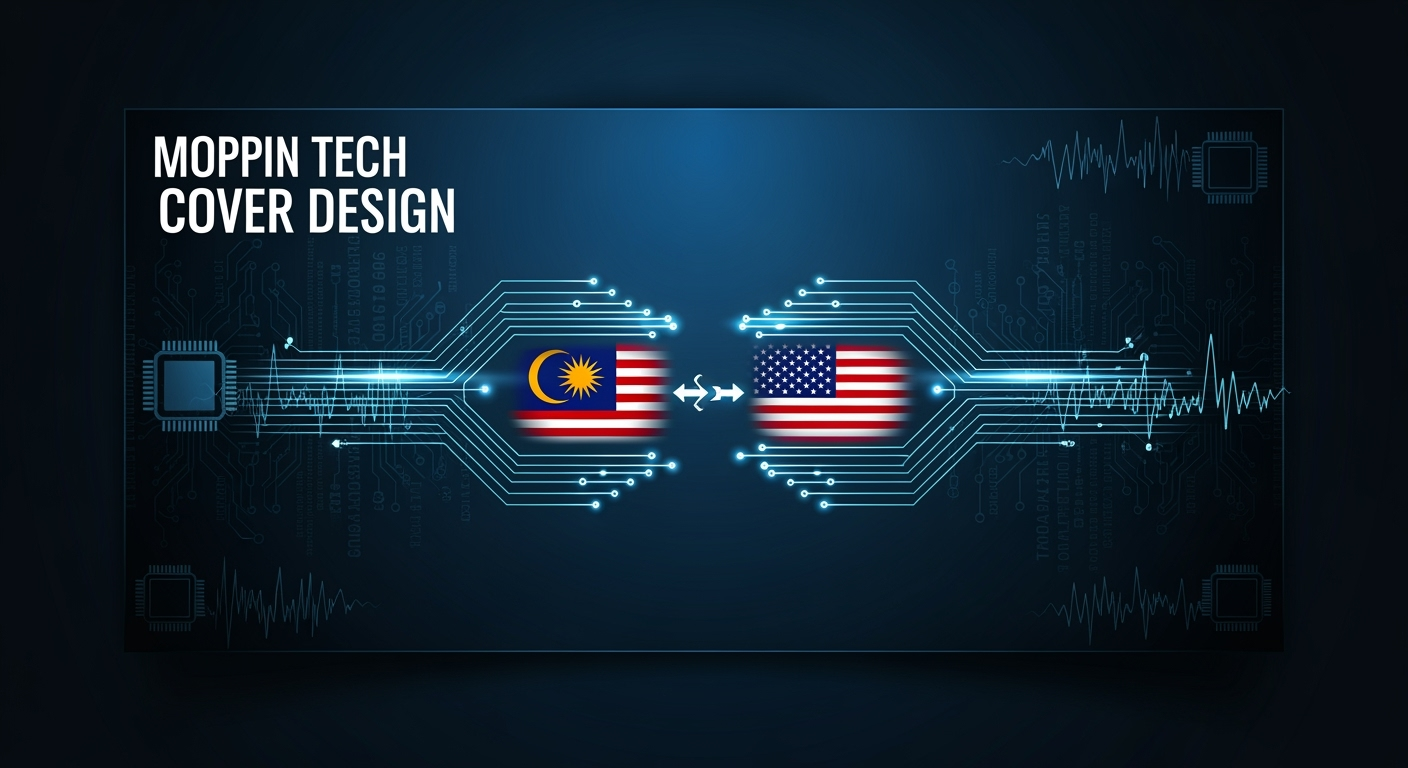Malaysia Implements Trade Permits for U.S. AI Chips to Curb Smuggling

Malaysia Introduces Export Controls on U.S. AI Chips
Malaysia has announced new export restrictions on U.S.-origin artificial intelligence (AI) chips, stepping up efforts to prevent these advanced components from being rerouted to China. The move positions Malaysia as a key partner for the United States in enforcing international technology controls.
What Are the New Restrictions?
Effective immediately, individuals and companies must notify Malaysian authorities at least 30 days before exporting or transshipping U.S. AI chips. The Ministry of Investment, Trade and Industry (MITI) emphasized that violators of these rules, or those attempting to bypass export controls, will face strict legal action under the Strategic Trade Act 2010 and other relevant laws.
- Exporters must submit advance notification for all U.S. AI chip shipments.
- The policy aims to plug loopholes that could allow chips to reach restricted destinations, especially China.
Why Is Malaysia Taking Action?
Reports have surfaced in recent months about sophisticated networks smuggling AI chips into China, despite existing U.S. export bans. Industry insiders, including AI company Anthropic, have highlighted creative smuggling tactics such as hiding chips in prosthetic devices or shipping them alongside unrelated goods.
Malaysia's new measures align with broader U.S. efforts to tighten global controls on advanced chip exports. Recent news indicates that further restrictions may soon target other Southeast Asian countries like Thailand, as Washington seeks to close alternative routes for chip transfers.
Global Implications for AI and Technology Trade
The decision could have ripple effects across the tech industry, especially for businesses that depend on seamless cross-border movement of high-end AI hardware. Companies will need to adapt compliance processes and stay updated on evolving regulations in the region.
Meanwhile, the U.S. Department of Commerce is also revising its own export control framework, following the recent rescinding of previous AI diffusion rules. These ongoing policy shifts underscore the strategic importance of AI chip technology on the global stage.
References
- "Malaysia stands firm against any attempt to circumvent export controls or engage in illicit trade activities by any individual or company, who will face strict legal action if found violating the STA 2010 or related laws."
- Anthropic claimed that China already had sophisticated chip-smuggling networks set up in a blog post in April. The post also claimed that smugglers were going to extreme lengths to bring AI chips into China, including using prosthetic baby bumps filled with chips, and that smugglers were shipping GPUs alongside live lobsters.
- Last week, Bloomberg reported that the Trump administration was planning to further restrict the export of AI chips, from companies like Nvidia, to Malaysia and Thailand, to prevent China from accessing these AI chips through a different mode of entry.
- The U.S. Department of Commerce is also working on its own set of general U.S. AI chip export restrictions after formally rescinding the Biden administration’s AI Diffusion rules in May.





